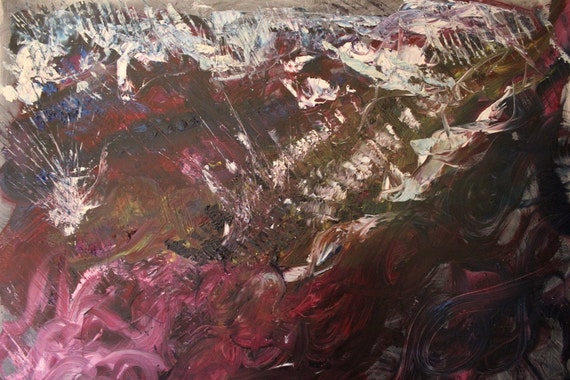

Some scholars say that while Hermes invented the lyre, Orpheus was the one to perfect it. His abilities were so impressive that they charmed animals and caused trees to dance. It didn’t take long for the young musician to become one of the greatest. The god of music, poetry, and art Orpheus his lyre and taught him the art of music. When he was just a young child, Apollo appeared before Orpheus. However, his lasting legacy and several legendary stories support his presence in mythology. Some notable scholars, including Aristotle, don’t believe he existed at all. Orpheus reportedly lived several generations before Homer, as the famous poet does not mention him. His mother was most likely Calliope, the patron of epic poetry. His mother was one of the Muses, who were inspirational goddesses of literature, art, science, and music. Most scholars agree that he was the son of Oeagrus, who was the king of Thrace. The early life of Orpheus is largely lost to the sands of time. He’s also responsible for creating the Orphic Hymns and is the subject of many shrines in ancient Greece. As a prophet, Orpheus is a patron of a religious movement known as the Orphic Mysterious. He’s mentioned many times by poets and scholars covering the legends of antiquity, leaving behind a lasting legacy. Orpheus lived an exciting life, going through many trials.

Instead, he was a musician and poet with abilities that made even gods melt. He wasn’t known for his skilled fighting. Most tales involving mortal heroes revolve around great wars, feats of physical strength, or acts of immense bravery. Orpheus is unique here in Greek mythology.


 0 kommentar(er)
0 kommentar(er)
